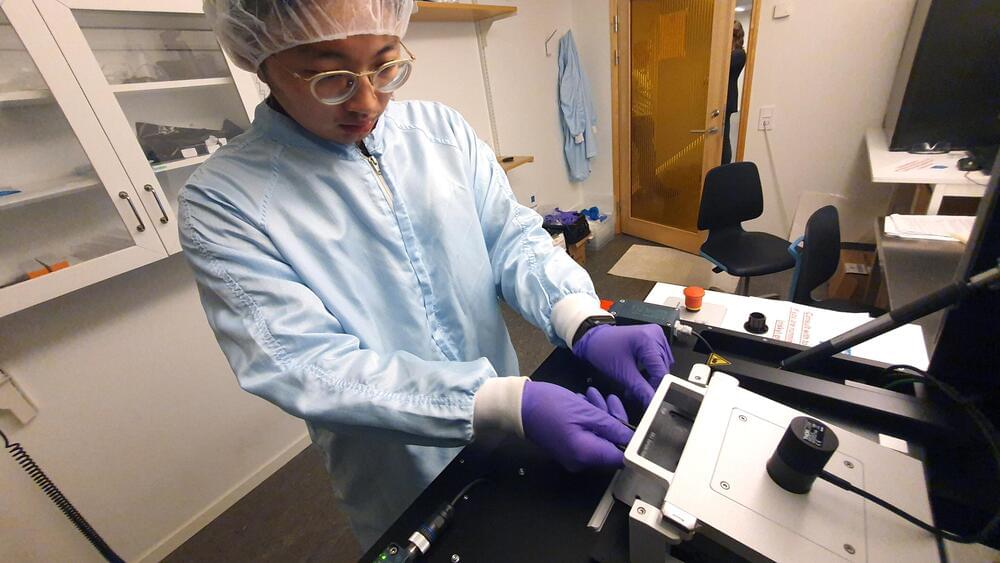The speed of innovation in bioelectronics and critical sensors gets a new boost with the unveiling of a simple, time-saving technique for the fast prototyping of devices.
A research team at KTH Royal Institute of Technology and Stockholm University reported a simple way to fabricate electrochemical transistors using a standard Nanoscribe 3D micro printer. Without cleanroom environments, solvents, or chemicals, the researchers demonstrated that 3D micro printers could be hacked to laser print and micropattern semiconducting, conducting, and insulating polymers.
Anna Herland, professor in Micro-and Nanosystems at KTH, says the printing of these polymers is a key step in prototyping new kinds of electrochemical transistors for medical implants, wearable electronics and biosensors.
